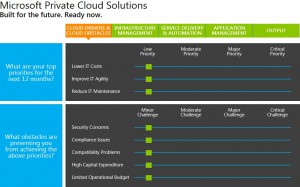I was working on building an Exchange 2007 SCC lab for testing one of our customers scenarios prior applying to production . I built the cluster and all was going great till I want to change the file share witness folder name . I used the configure cluster quorum setting wizard and the new file share witness was created successfully .The problem is that there was another ( the old ) file share witness that mapped to a non existing folder . I tried to remove it from the failover cluster snap-in but there was no way to do it !
I tried also to use the Cluster.exe command line with the /delete switch but it also failed as the unneeded file share witness is a core resource .








